|
Carter Godwin Woodson created the precursor to Black History Month which was named "Negro History Week" in 1926. Negro History Week was celebrated during the second week of February by some educational departments and churches in the U.S. In 1969, Black educators and the Black United Students at Kent State University made a proposal to expand the celebration to the month of February. In 1976, The Association for the Study of African American Life and History co-founded by Carter G. Woodson, extended the celebration. In the same year, President Gerald Ford recognized Black history month saying that Americans should "seize the opportunity to honor the too-often neglected accomplishments of Black Americans in every area of endeavor throughout our history." [1] [2] [3] The timeline below (Diagram 1) shows the sequence of events that led to what we now know as "Black History Month." Who Was Carter G. Woodson?Carter Godwin Woodson was an educator, author, publisher, historian and co-founder of the Association for the Study of Negro Life and History later renamed The Association for The Study of African American Life and History (ASALH). He received a Bachelor of Letters degree from Berea College in Kentucky, a Bachelor and Masters of Arts from University of Chicago in 1908, and, his Ph.D in history from Harvard. He was the second African American to receive a Ph.D after W. E. B. DuBois and the only one to ever receive one who had enslaved parents.[4] As a young man, Woodson helped his parents on their farm and was therefore unable to attend primary school regularly. He ended up mastering subjects through self instruction. Though his parents were prohibited from attending school due to the restrictions, laws and inhumane treatment during their enslavement, Woodson would often mention that he learned the most important lessons of life from his father James Henry Woodson. He noted that his parents instilled a thirst for education in him. It is important to note that his strong will must have been inherited from his grandfather, uncle and father who refused to be beaten and instead beat the slave owner or overseer. In fact, his father escaped from slavery after he beat his owner and flagged down Union troops who went back to the plantation and whipped the owner as well.[4] In his teens, Woodson held a number of odd jobs including driving a garbage truck, working in a coal mine and hiring himself out as a farm laborer. Perhaps it was in an after-work gathering place for Blacks that had the most impact on his keen understanding of the identification of historical information about African Americans missing from the established school curriculum. Woodson was recruited to read the daily paper at the gatherings because he was one of the few coal miners who was able to read and he was given an incentive of doing so in exchange for free fruit and ice cream. Woodson likely would compare his school text books with the current events of the day and noticed the disparities therein. Carter G. Woodson received his education from Berea College (Bachelor of Letters), University of Chicago (Bachelor's and Master's of Arts degrees), and received his Ph.D at Harvard University. Woodson later became Dean at Howard University's College of Arts and Sciences, an Historically Black College or University (HBCU). “The mere imparting of information is not education.” |
AUDIOBOOKSMERCHGIFTSjoin email listACADEMIC BOOKSblog Author/
|
- Store
- Blog
- AUDIO BOOKS
- EBOOKS
- SEARCH
- Welcome
- GoFundMe
- TUCC
- Events
- READING GUIDE
- AUTHOR INFORMATION
- ARTIST BIO/PRICE
- NNEDI OKORAFOR BOOKS
- PODCAST
- LARUE'S HAND IN CLAY
- About Us
- FREQUENTLY ASKED QUESTIONS
- BOOK FAIR /SCHOOLS / CLUBS
- Photo Gallery
- EJP BOOK DRIVE
- Videos
- Newsletter/Articles
- Archives
- External Links
- Afriware Statement on COVID-19
- GREATER LAKES
- Afriware Merchandise
- AFFILIATE INFO
- SEBRON GRANT ART DESIGNS
- Mother's Day Bundles
- CARTOON
- ROBOTS
- STEM
AFRIWARE BOOKS CO. A COMMUNITY BOOKSTORE SERVING:
|
|
Melrose Park, IL
|
|
,AFRIWARE BOOKS, CO,
1033 SOUTH BOULEVARD, OAK PARK, IL 60302 708-223-8081 ONLINE SUPPORT: Thurs-Fri. 4-6pm Sat. 12-2pm, IN PERSON EVENTS: afriwarebooks.com/events |
Want to try a great website builder, try Weebly at: https://www.weebly.com/r/9SAD4V

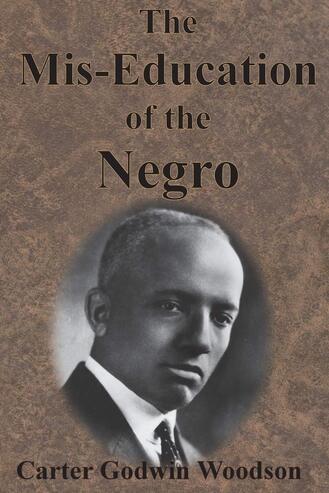
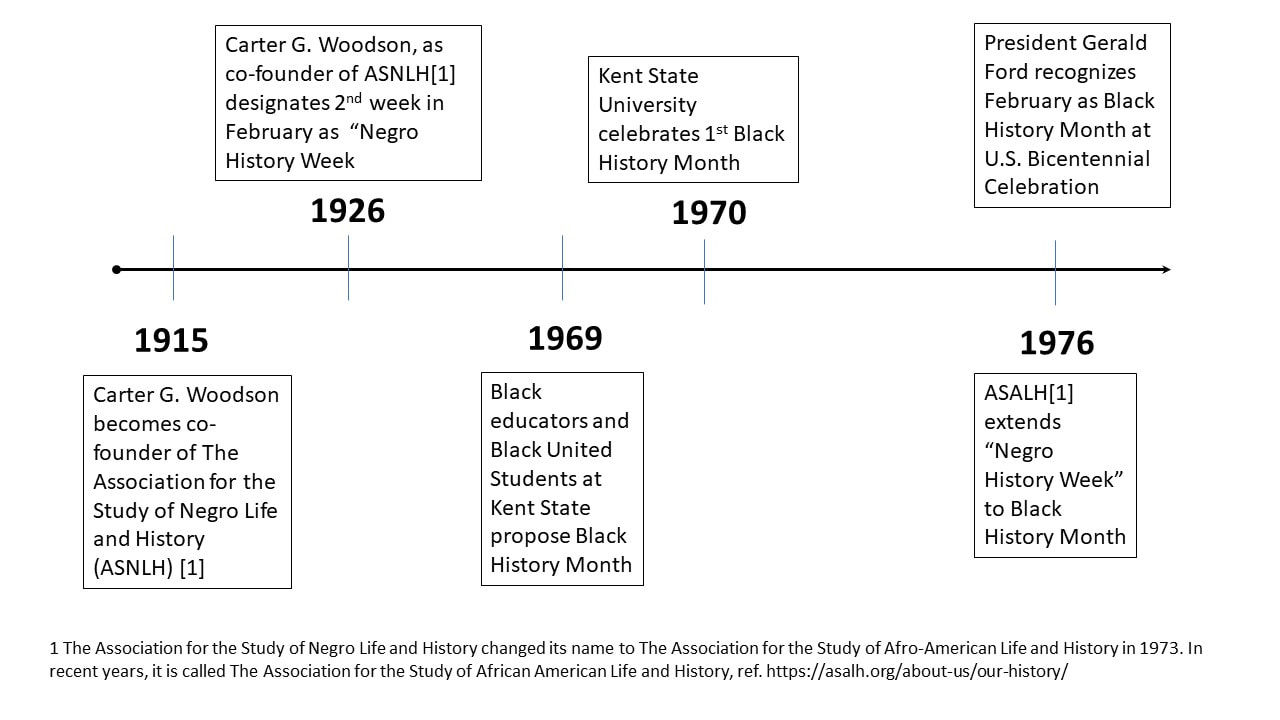
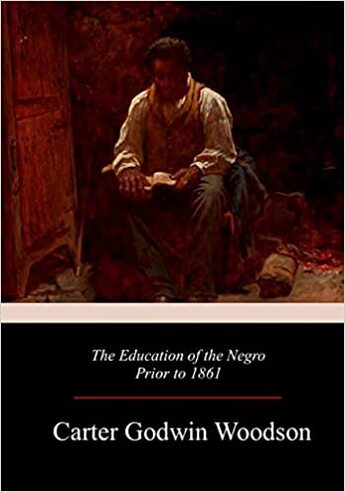
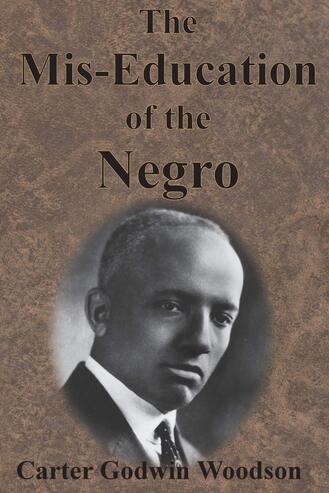
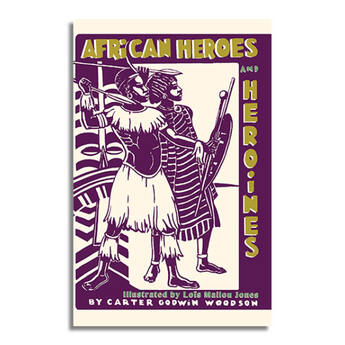
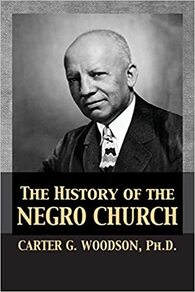
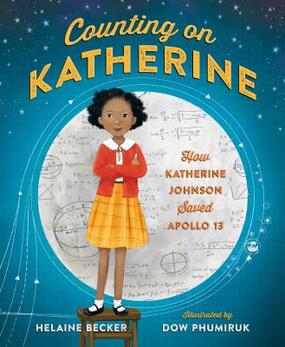
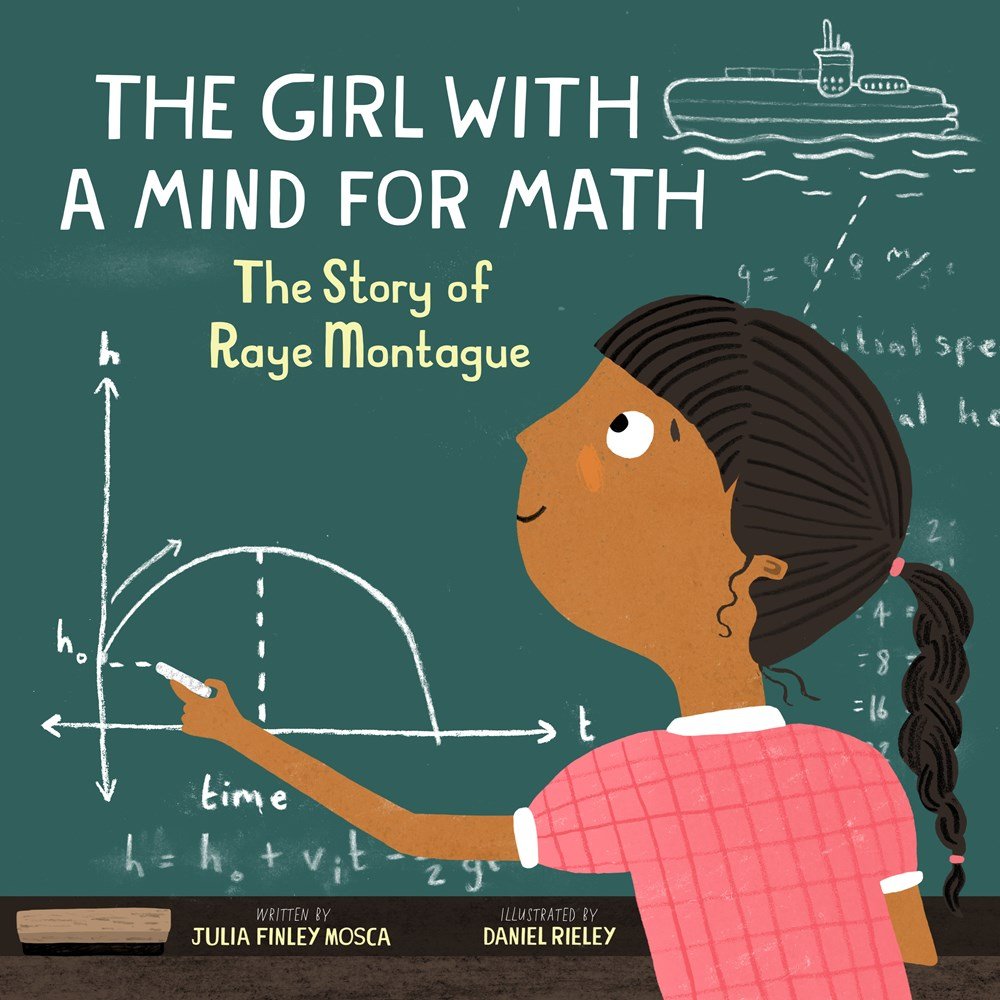





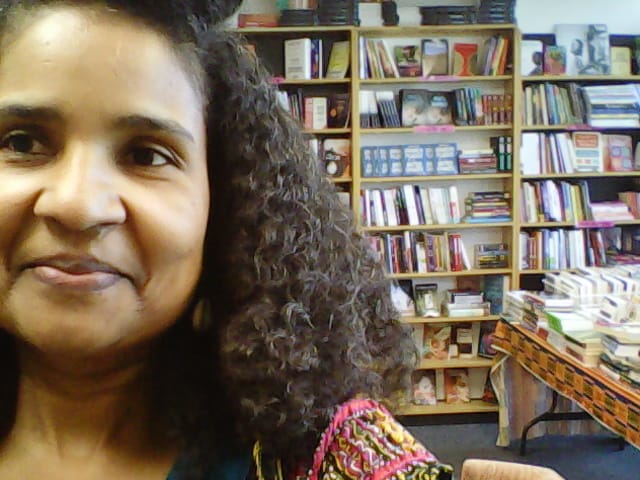
 RSS Feed
RSS Feed


